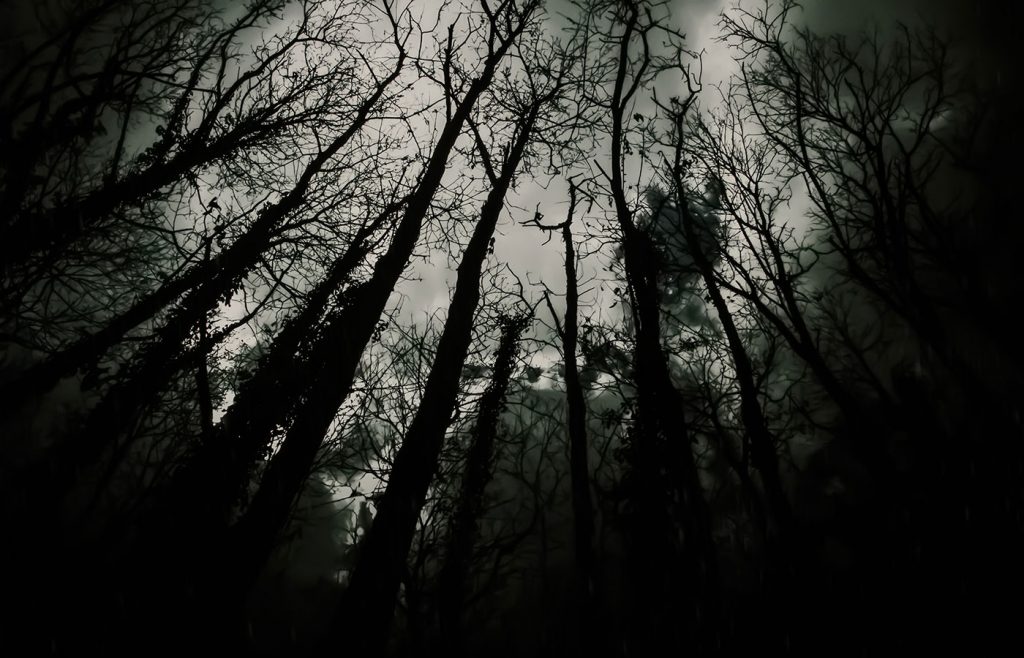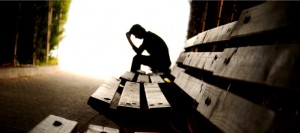
Hylophobia is an irrational fear of forests which may sound bizarre to many people but is actually a real issue for others. While some people unfairly describe this as a “mental illness” it is a phobia pure and simple. Yes, we all appreciate that phobias are a type of mental disorder but to describe them as a mental illness often deflects from the real issues of traditional mental illness. So, what exactly is Hylophobia and how might somebody develop it?
What exactly is Hylophobia?
As we touched on above, Hylophobia is an irrational fear of forests and the environment that they create. Like some people are scared of the dark, others are scared of being in and around forests which can bring on many traditional phobia symptoms such as: –
• Heightened anxiety
• Panic attacks
• Heart palpitations
• Light headedness
• Headaches
Those who have experienced this type of phobia will also be well aware of the fight/flight scenario. This is the body’s automatic defence system which instantly switches you to fight mode, whereby you will fight any perceived danger in your vicinity, or flight mode, where effectively you will leave the area. Expert analysis shows that the fight/flight scenario is something which has been ingrained in the human DNA for thousands of years. How it started, nobody knows, but it is an integral part of the human defence system.
Why might you become scared of forests?
Hylophobia is a recognised phobia and like many phobias there tend to have a trigger point in the past of each individual. Have you ever realised that when you think of a forest you automatically think of darkness? There are numerous reasons why you might become scared of forests and develop Hylophobia such as: –
A traumatic event in the past
If you have experienced a traumatic event in any environment it is only human nature that you will want to avoid that environment in the future. Whether this is the crowd rush at a football game, often loud noise in a public house or, in this case, maybe you have been lost in the forest. If you have experience a traumatic event in a forest then it is quite understandable why you might develop Hylophobia.
Horror movies
We know that the mass media have a huge role to play in the lives of everybody whether you watch the television, read newspapers or scour the Internet. However, have you ever noticed that in horror movies there’s always a big dark forest. In many cases this is the area where crimes and deaths can take place and as darkness comes down it can be a very eerie area. Indeed, in thick wooded forests it can feel like early evening as darkness falls as the trees and the branches block out much of the sun.
Anxiety disorder
Recent research has shown that a pre-existing anxiety disorder can often make the individual more susceptible to phobias such as Hylophobia. Whether it is simply a case of the individual’s defensive walls having been weakened, making them more susceptible, or they are perhaps prone to an irrational fear of eerie areas is debatable. While many people have for some time suspected that those suffering from a phobia may be more susceptible to other phobias, it looks like this may be true.
Tackling your phobia of forests
There are a number of actions you can take to tackle Hylophobia or any other phobia for that matter. These include: –
Cognitive behavioural therapy
Many people find cognitive behaviour therapy a very useful way to combat phobias because it makes you analyse exactly what you are scared of and what may or may not happen. For example, if you have Hylophobia and you are scared of forests then this type of therapy will encourage you to sit back and analyse why and what you are scared of. Once you realise that it is an irrational fear the idea is that this will improve and strengthen your resolve so that bit by bit you can take back control of the phobia. While there are some controversial phobia therapies, cognitive behaviour therapy is one which has a strong proven track record.
Medication
In extreme circumstances some doctors will prescribe medication for those suffering from an irrational fear of forests. Let’s say for example you had a job opportunity in the countryside and walking through forests would be part of that role. It is not inconceivable that a doctor would prescribe either antianxiety meds or antidepressants in the short-term. Again the idea would be fairly simple, the medication would “take the edge” off your irrational fear of forests and bit by bit you would take control. As you felt better and took more control then you would be weaned off the medication until you were strong enough to cope without it.
Meditation
Interestingly, meditation is catching the eye of more therapists as it is seen by many as a way to take more control of your mind and your emotions. Whether or not meditation would be enough for everybody suffering from a fear of forests is debatable but there is no doubt it is a useful element for those looking for a “cure”. Of course, there is no “cure” in the traditional sense of the word as for any phobia it is simply a case of taking back control and seeing through the irrational fear.
Do the media have too much control?
As we touched on above, for many people the emergence of Hylophobia can be traced back to personal experience or the way in which the media portray forests. Think of a forest and then think of the first thing that comes into your mind. The chances are you will associate this with a dark eerie place, horror movies and people being chased by killers and criminals. If we take a step back, you were not born with a fear of forests; you don’t automatically associate woods with this kind of activity or environment. It is something which develops over the years and we have the media to “thank” for that.
Conclusion
The vast majority of people who suffer from the Hylophobia will have experienced a traumatic event in the woods which could be something as “trivial” as getting lost as a child or something more traumatic. Then we have the way in which the media have for decades now associated forests (interestingly, as opposed to woodlands) with horror movies, deadly chases and frightening scenarios. So, between the chances of experiencing a traumatic event in a forest and watching a horror movie, it is not difficult to see why so many people do have Hylophobia. There are ways and means of controlling this fear of forests but for those suffering extreme reactions it can prove very troubling.






